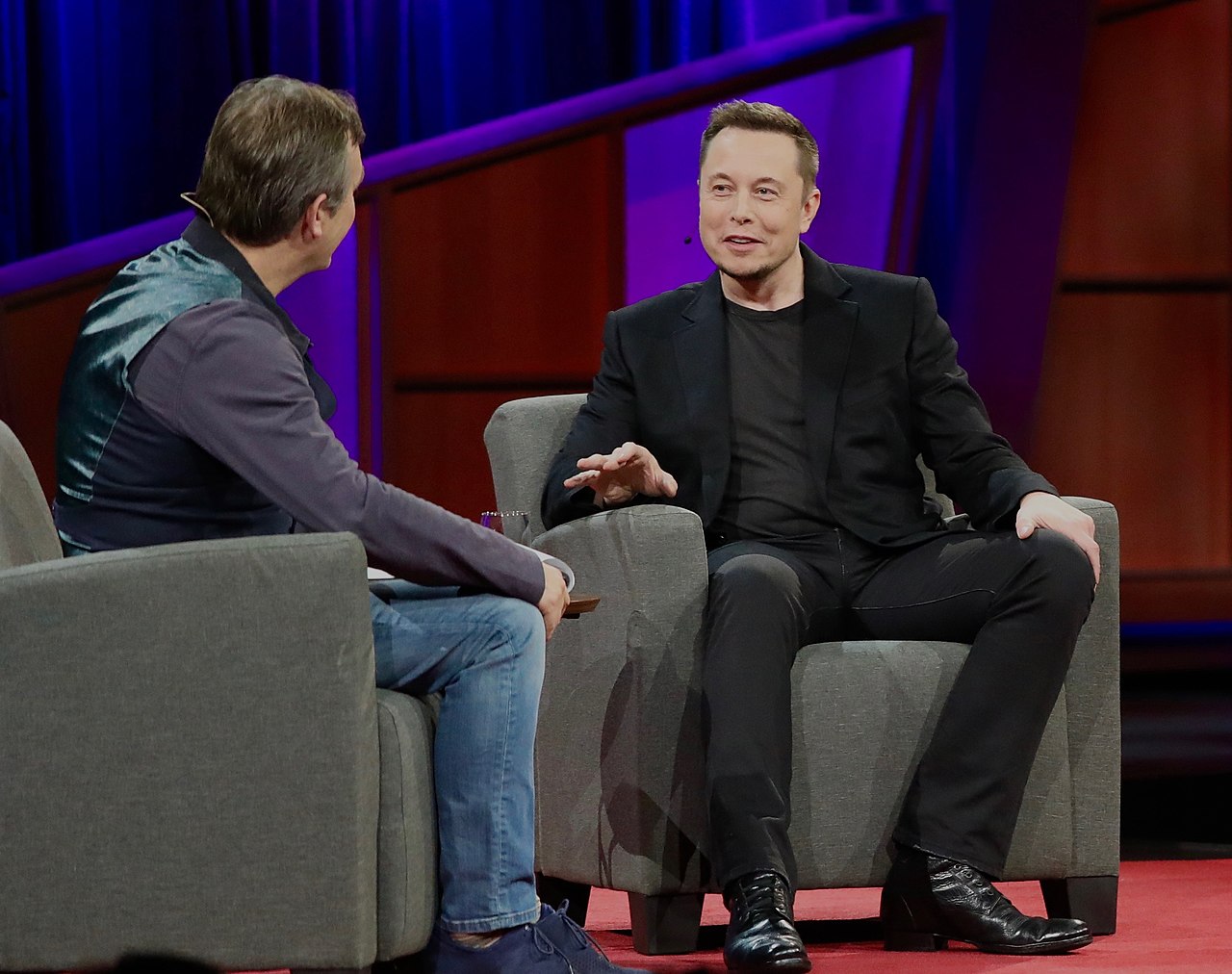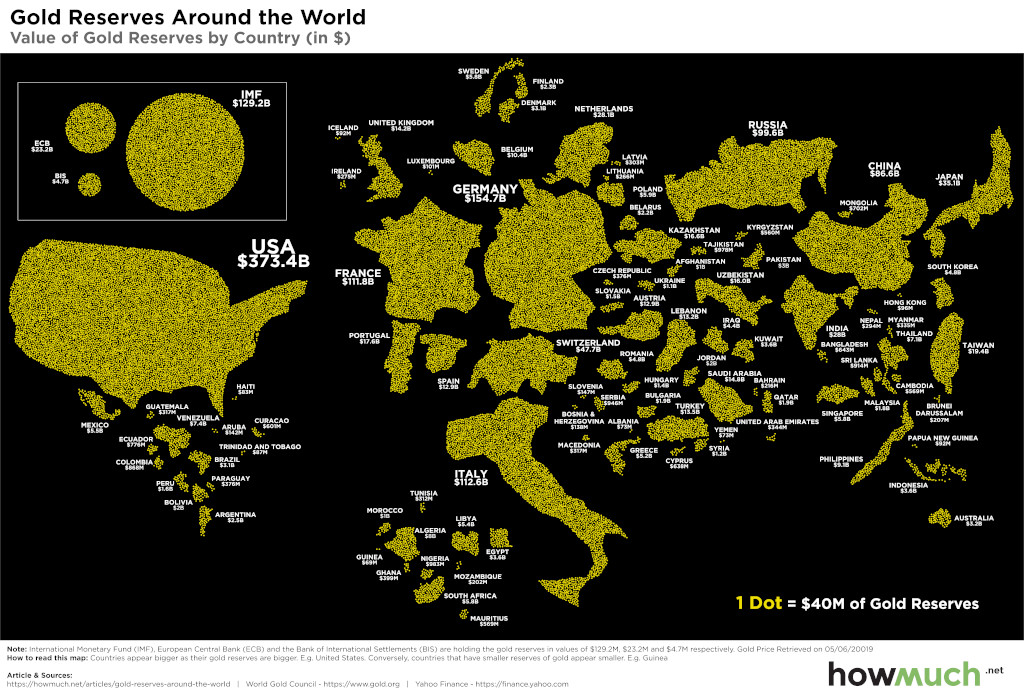Elon Musk is one of the defining figures of our times. Seen by some as a world-saving hero, by others as a Bondian villain, sometimes as an eccentric, almost trillionaire, and other times as a dangerous influencer.
Musk leaves no one indifferent. Even the most disconnected from the business world know him and have an opinion of him. While not the first, Steve Jobs and Bill Gates could be considered to have beaten him to the punch, Musk is the epitome of a Business Rockstar. A real-life Tony Stark only without the sci-fi armor and super heroics… but not for lack of trying!
Musk is known best for his Tesla brand of electric cars, his SpaceX enterprise, and the controversial purchase of one of the public squares of the Internet, Twitter.
But what is it about him that provokes such heated reactions? Is it his persona? His actions? His wealth? His origins?
Find out as we take a deep dive into the character Elon Musk.
Elon Reeve Musk was born in Pretoria, South Africa, on June 28, 1971. His parents are Maye Musk, a Canadian-born dietician, and Errol Musk, a man of multiple trades and, more notoriously, owner of an emerald mine in Zambia, which made the Musk family wealthy.
His maternal grandfather, Joshua Haldeman, was also well-known for breaking records by taking his family in a single-engine Bellanca airplane to Africa and Australia.
Musk has two younger siblings, Kimbal and Tosca, and two younger half-siblings from whom he is estranged.
Musk has Asperger’s Syndrome, which puts him on the Autism Spectrum.
After high school, Musk moved to Canada, where he enrolled at Queen’s University in Kingston, Ontario, before transferring to the University of Pennsylvania. There he completed studies for a Bachelor of Arts degree in physics and a Bachelor of Science degree in Economics from the Wharton School.
While an up-and-coming entrepreneur, he founded with his brother Kimbal and Greg Kouri the company Zip2, which provided licensed City Guide software for newspapers. Zip2 soon found contracts with some of the country’s largest newspapers. Zip2 was later bought by Compaq for over 300 million dollars, with Musk receiving 22 million for his 7% share.
In 1999 he co-founded X.com, an online financial service, and e-mail payment company, later merging with online bank Confinity, which became PayPal. When PayPal was sold to eBay in 2002 for $1,5 billion worth of stock, Musk was still the largest shareholder, thus netting 175,8 million from the sale.
Despite all this runaway success, while barely 30, what really trusted Musk into the business big leagues and made Musk famous was SpaceX and Tesla.
Tesla and SpaceX were risky ventures, and they were on the cusp of failing even before they could start. Musk must have known it but still, bet his fortune and reputation on them succeeding. And, incredibly so, they did.
Thus the legend of Elon Musk was truly born.
The media attention on Musk brings exposure to his businesses and his views on advancing human civilization.
He has gained notoriety for being a real-life Tony Stark, the fictional billionaire Iron Man, who decides to use his vast wealth and intellect to save the world.
When comedian and political commentator Stephen Colbert said he owned a Tesla, the crowd reacted positively, which is a testament to the brand’s popularity.
However, this notoriety also made his social faux pas much louder. Take the controversy due to the Tham Luang rescue. Or his appearance on Joe Rogan’s podcast, where Musk’s consumption of cannabis led to a backlash, especially to SpaceX. Or his children’s naming conventions.
His political outspokenness on Twitter also earned the ire of the people who once cheered for him, especially when Musk announced his intention to purchase that same social media.
Musk’s dedication, business acumen, and controversies could be attributed to his Asperger’s, but others with the same condition didn’t garner the same notoriety. It also casts certain moments from his past in a different light, such as being barred from being Zip2’s CEO or being fired from PayPal.
Even his family’s fortune has been under scrutiny due to his father Errol’s ownership of an emerald mine, which may or may not have had slave labor. For what it’s worth, Elon is estranged from his father, and most of his fortune is self-made.
However, it can also be argued that all of this made him unfairly a target, such as the recent mass-firing at Twitter, which garnered him severe criticism, as well as some of the changes he made to the platform since the buyout.
While all this might seem alarming, the truth is that, for example, many tech companies also had lay-offs that surpassed those on Twitter by a considerable amount but did not gather as much criticism.
And while his Hyperloop and Neuralink projects have been struggling and have faced a great deal of skepticism, it can be argued that it’s not that different from the growing pains Tesla and SpaceX suffered once before.
So, is Elon Musk a hero or a villain? Opinions are more divided than ever before due to the political climate that we currently live in and Musk’s own fueling of that particular fire. The truth remains that his Tesla and SpaceX brands are still forces to be reckoned with, and he has plenty of admirers in high places that swear on his effectiveness. Musk remains the second wealthiest person in the world, according to the Bloomberg Billionaires Index and Forbes’ real-time billionaires’ list.
Eventually, humanity may replace most transportation energy from fossil fuel to electricity and become a space-faring civilization. Whatever the outcome, it cannot be denied that Musk played a considerable part in making that come true and how much of a net positive that is.
For now, we have the superstar, the philanthropist, the visionary, and the madman.


